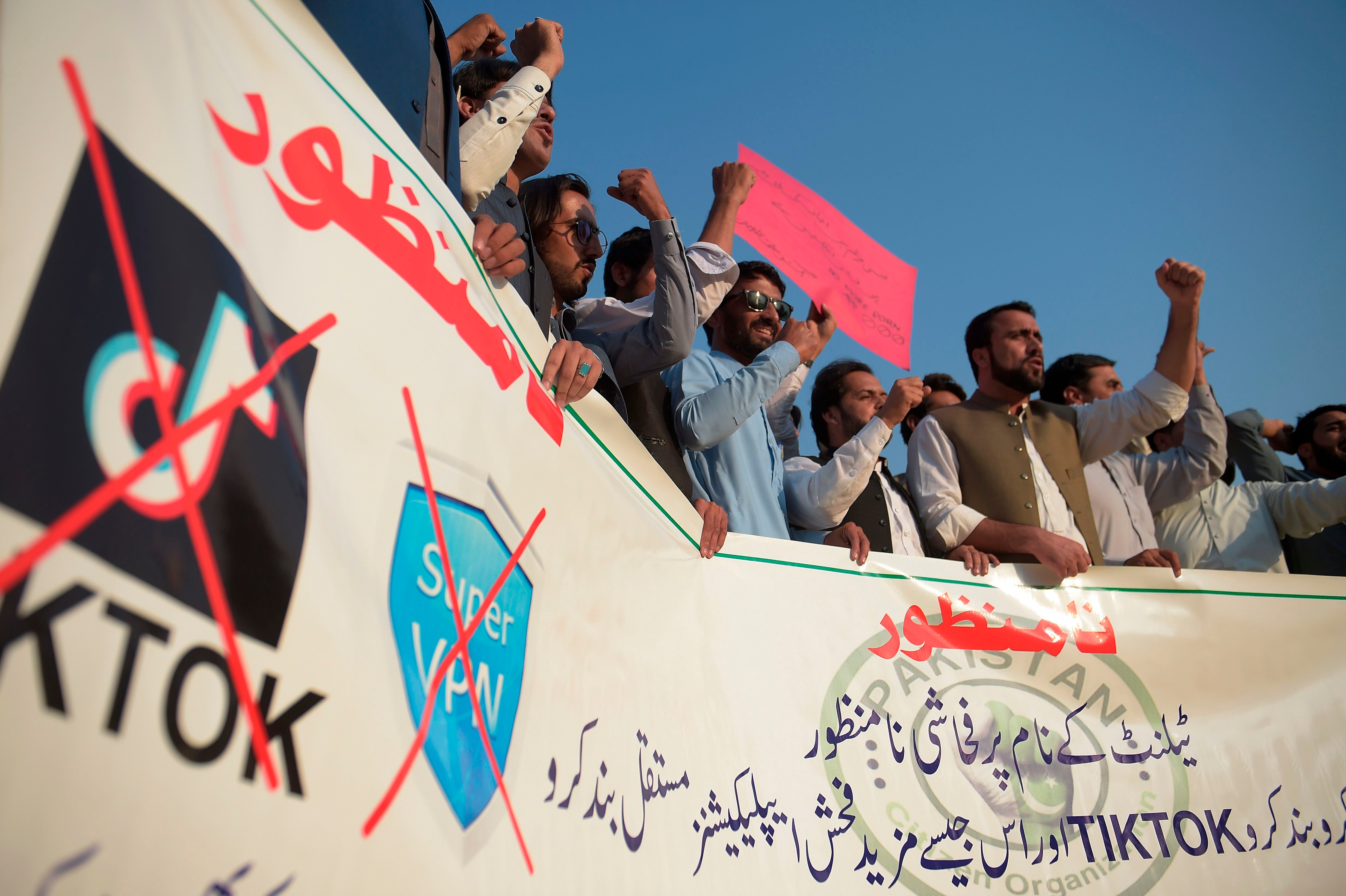
A 16-year-old girl was shot dead by her father in Pakistan after she refused to delete her TikTok account, police have said.
The teenager, a student of Class 9, was killed on Tuesday in Rawalpindi, near capital Islamabad.
Police said the father was upset with her presence on the video-sharing platform and murdered her when she refused to remove it.
“The girl’s father had asked her to delete her TikTok account. On refusal, he killed her,” a police spokesperson told AFP.
The father escaped after the daughter’s death, according to Pakistan’s Dawn newspaper, and the family initially tried to portray the death as a suicide. However, the police later detained him, and the family admitted the father had carried out the killing in the name of “honour”.
Honour killings – the murder of a family member, often a woman, on the pretext of protecting perceived family honour – remain a serious issue in Pakistan. The Human Rights Commission of Pakistan (HRCP) documented at least 346 reported cases in 2024 alone, and estimates put the true number closer to 1,000 per year.
Reforms in recent years have aimed to curb the practice, including stripping perpetrators of the right to pardon assailants. Yet enforcement remains a challenge.
The murder is the latest in a series of deadly attacks on women in Pakistan linked to social media activity. Last month, 17-year-old TikTok influencer Sana Yousaf, who had over a million followers across platforms, was killed at her home by a man whose advances she had rejected.

The app is hugely popular in Pakistan, especially among young people and those with limited literacy. For many women, it has become a rare source of income and visibility in a country where fewer than 25 per cent of women participate in the formal workforce.
However, access to digital platforms remains deeply unequal. Just 30 per cent of women in Pakistan own a smartphone, compared to 58 per cent of men – the widest gender gap in mobile ownership in the world, according to the 2025 Mobile Gender Gap Report.

Pakistani authorities have repeatedly threatened to ban TikTok over “immoral” content, while online visibility has put many women at risk in conservative areas where tribal or religious norms remain dominant.
In October, police in Karachi arrested a man after he killed four female relatives over “indecent” TikTok videos.
Earlier this year, a man in Balochistan confessed to orchestrating the murder of his 14-year-old daughter after claiming her videos brought “dishonour” to the family.







